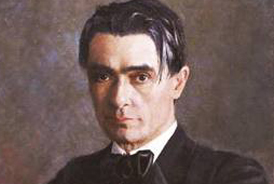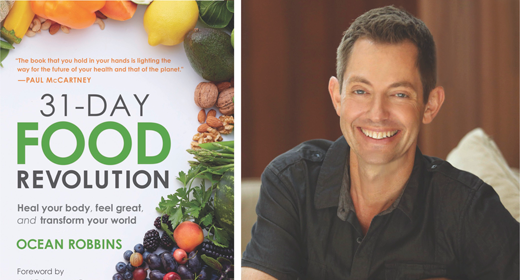by Rudolf Steiner: Today I should like to add depth to what bas been recently discussed by linking it to a previous theme already familiar to some of you. Once, years ago, I described the world of the human senses. You certainly know of the human senses.  You certainly know that in speaking of the senses it is customary to reckon the sense of sight, sense of hearing, and the senses of smell, taste and touch. In more recent times, it is true, some scientists have nevertheless been driven to refer to other senses found, as it were, further within man; a sense of halance, for instance, and so forth. But this whole conception of the human senses lacks coherence on the one hand, and above all lacks overall unity. When we have in mind the senses as they are customarily enumerated, we are actually always dealing with only part of man’s sense-organisation. We arrive at a comprehensive account of the sense organisation of man only when we take twelve senses into consideration. For today, we wish just to consider these twelve senses, merely enumerating them and describing them briefly.
You certainly know that in speaking of the senses it is customary to reckon the sense of sight, sense of hearing, and the senses of smell, taste and touch. In more recent times, it is true, some scientists have nevertheless been driven to refer to other senses found, as it were, further within man; a sense of halance, for instance, and so forth. But this whole conception of the human senses lacks coherence on the one hand, and above all lacks overall unity. When we have in mind the senses as they are customarily enumerated, we are actually always dealing with only part of man’s sense-organisation. We arrive at a comprehensive account of the sense organisation of man only when we take twelve senses into consideration. For today, we wish just to consider these twelve senses, merely enumerating them and describing them briefly.
To enumerate and describe the senses we can begin anywhere. Therefore let us begin by contemplating the sense of sight. We will first consider its nature in a quite external way that everyone can substantiate for himself. The sense of sight is our mediator concerning the surface of external matter as it confronts us in colour, brightness or darkness. We might describe these surfaces in the most various ways and would then arrive at what the sense of sight mediates. If now through senseperception we penetrate to some extent into the interior of the external matter, if we allow our sense-organisation to mediate that which does not simply stay on the surface but, rather, continues into the interior of the body. this must happen through the sense of warmth. On the other hand, qualities drawn closer to us, more closely united with us, inclined towards us from the surface of tbe body, are perceived through the sense of taste. In a way this lies on the other side of the sense of sight (see diagram 1). When you consider colour, brightness and darkness, and when you consider taste, you will say to yourself that what confronts you on .the surface of a body is something mediated by the sense of sight. What meets you in the interplay with your own organisation, what in your sensation frees itself. as it were. from the surface and goes towards you. is mediated by the sense of taste.
Now let us imagine that you go still further into the matter than is possible by means of the sense of warmth; that you dwell for a moment not only on what permeates a body from the outside and then penetrates throughout, as warmth does, but something which is an inner quality of the body by virtue of its own nature. For instance, you bear a metal plate that you strike; you then perceive something of the substantiality of this metal plate, that is, of the inner being of the metal whereas on perceiving warmth, through the sense of warmth, you perceive only what in a certain way permeates the body as general warmth but is certainly then inside. Through the sense of hearing, therefore. you perceive what is already connected with the inner being of the body. If you now go towards the other side you get something that the body does to you, something much more strongly inward than anything perceived through the sense of taste. Materially. smelling is much more inward than tasting. Tasting comes about by bodies just touching us. and our secretions then uniting superficially with our interior; smelling is definitely an important change with us, and the nasal mucous-membrane is organised in a much more inward way-materially speaking, of course-than the organs of taste.
Let us now penetrate still further into the internal nature of an external body. where the external body partakes more of the nature of soul. When you press through into the being of the metal through your sense of hearing, you arrive at what is in a way the soul of the metal; but you penetrate still further into something exterior, when you perceive not only with the sense of hearing, but with the sense of words with the speech-sense. It is pure misconception to believe that with the sense of hearing, what the word-sense contains is exhausted; we might have heard but we need not have sufficiently perceived the content ‘Of the words thoroughly to understand them. Even where organic organisation is concerned a difference exists between the mere hearing of the sounds and the perception of words. The bearing of sounds is mediated through the ear; the perception of words is mediated through other organs, just as much of a physical nature as those through which the sense of hearing is mediated. And we penetrate even deeper into the being of something external when we understand it through the word sense, than when we listen to the mere sound of its inner being.
Published in the journal, Anthroposophical Review, Vol. 3, #2, 1981 (UK)









































